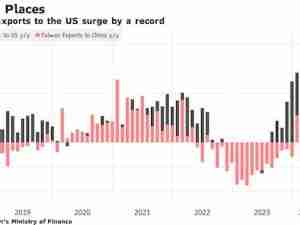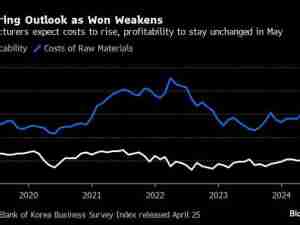British companies say new customs forms required following Brexit are the biggest hurdle to trading with the rest of the world, official data show.
About 38% of exporters and 39% of importers identified form-filling as their main hurdle, according to a survey conducted by the Office for National Statistics. While half of exporters reported no difficulties trading internationally, the concerns on paperwork exceeded those about disruption at U.K. borders and transportation costs.
The findings add to evidence that friction at ports is weighing on Britain’s ability to trade following after the nation left the European Union’s common customs system. Importers are warning they face even more red tape when new regulations come into force in April and July.
Almost a third of the companies moving goods from Britain to Northern Ireland in the past two weeks said volumes have fallen.
Separate research by the Chartered Institute of Procurement and Supply found that more than half of companies reported longer delays since the start of the year. Those totaled at least two to three days for imports.
“Delays are continuing to get longer, putting more and more pressure on the U.K.’s supply chains,” said John Glen, an economist for CIPS. “The knock-on impact of these delays will trickle far down the supply chain and ultimately result in stock shortages and inflated prices for consumers.”








